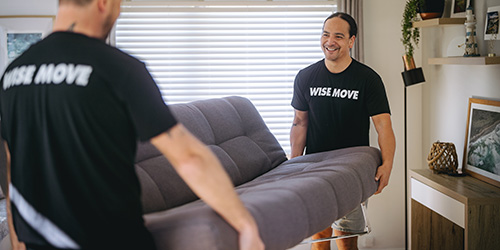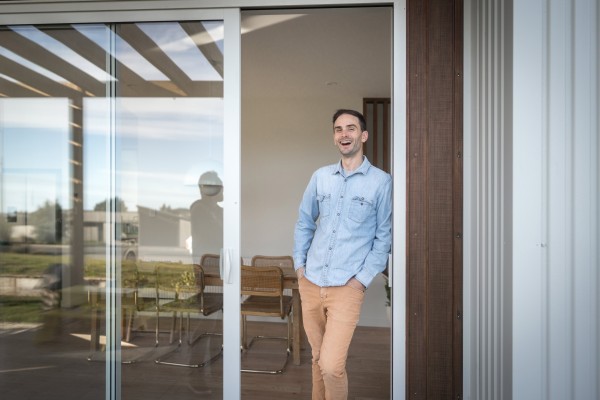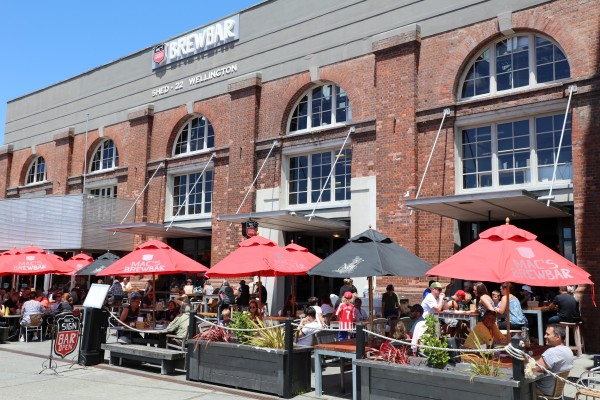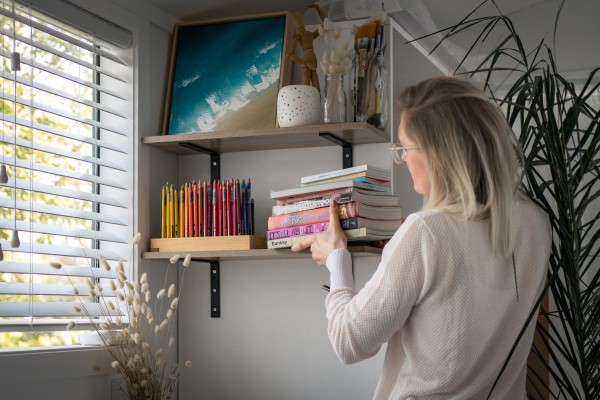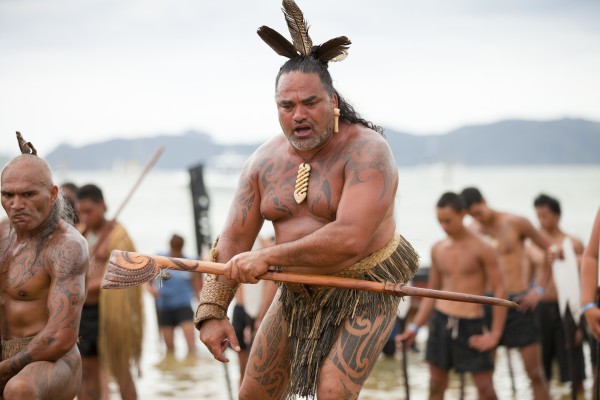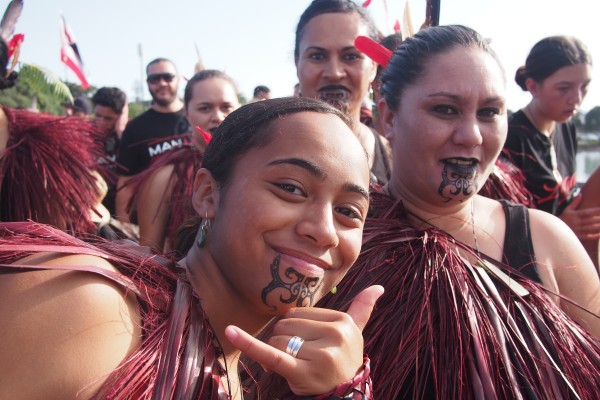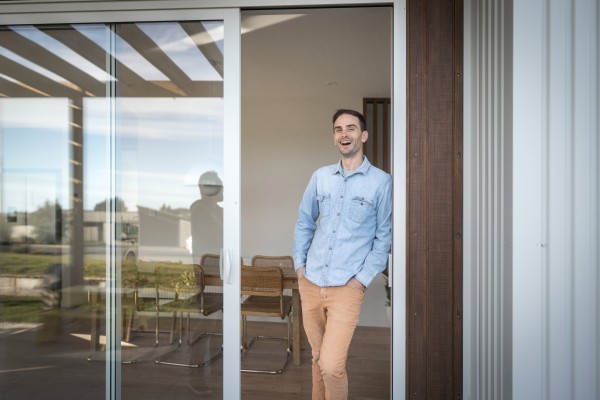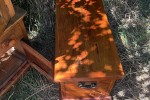Exploring New Zealand's tech start-up scene

What makes New Zealand’s startup market tick?
Kiwis have always have a ‘can do’ attitude. Being part of a small country that exists at what feels like the ends of the Earth will force you to become more innovative. This attitude towards finding homegrown solutions to problems has resulted in New Zealand entrepreneurs gaining a stronghold with local products (like Xero or TradeMe) before an international competitor can arrive.
- New Zealand is also one of the easiest places in the world to do business. Our high levels of transparency, low levels of corruption and lack of red tape has allowed innovation in our tech industry to grow unrestrained.
- New Zealand's tech scene is rapidly emerging, driven by a history of entrepreneurs bootstrapping their tech solutions to generate revenue quickly. The government has also significantly contributed to many of our most successful companies. Annually, they invest over $200 million into more than 130 startups annually, with angel investors matching these investments.
- New Zealand’s small population makes the startup community more collaborative than in other places. Entrepreneurs are willing to share their success stories, advice and wisdom to newer founders. Creating holistic solutions is also important — the success of a business has to come with the success of any social and environmental factors.
What challenges does the New Zealand startup market face?
Australia represents a sizeable part of the foreign market but are responsible for a fair portion of our ‘brain drain.’ Many Kiwis relocate to Australia, taking their ideas and associated economic benefits with them.
As a small market there are also barriers to securing enough funding for global growth.
While New Zealand is making strides with female founders, there is room for improvement in investing in Māori and Pasifika talent and increasing their access to tech. Initiatives like Digital Future Aotearoa are helping to address these issues by providing accessible digital technology education.
How is the New Zealand startup scene funded?
Significant investments that have helped New Zealand's startup scene flourish over the past ten years include:
-
Blackbird, Australia’s largest VC firm, introducing an early-stage New Zealand fund with $44 million under management.
-
Finistere Ventures, a Silicon Valley VC, launching a NZ$40 million fund focused on Agtech & New Food startups.
-
Icehouse, one of the earliest Kiwi VCs, launched its Sustainable Tech Fund in June 2021.
The New Zealand government has made significant strides in supporting the start-up scene, offering funding through:
-
Callaghan Innovation
-
The Aspire NZ Seed
-
Elevate NZ Funds,
-
R&D tax incentives
-
See Tomorrow First
Get to know the New Zealand startup market:
-
90% of Kiwi founders are driven by a desire to change the world
-
5% of founders are of Māori heritage
-
New Zealand has around 2,400 startups currently in business
-
60% are based in Auckland, with 15% in Wellington and 8% in Christchurch
-
28% of founders are immigrants to New Zealand
-
26% of founders are female
New Zealand’s success stories
Familiarising yourself with some of New Zealand's most successful startups is a great way to get inspired.

XERO
Xero, founded in Wellington, New Zealand, in 2006 by Rod Drury and Hamish Edwards, is an example of a homegrown startup that has achieved remarkable success on the global stage. Initially conceived to address the need for a cloud-based accounting software solution for small and medium-sized businesses, Xero has grown into a global leader in its field.
What they did differently
Xero distinguished itself by offering an intuitive and user-friendly platform that allowed businesses to manage their finances online, providing real-time visibility of their financial position. This innovative approach quickly gained traction, and Xero's customer base expanded rapidly within New Zealand and Australia.
How Xero was funded
Just a year after its founding, Xero went public on the New Zealand Stock Exchange, raising $15 million. By 2012, Xero had established a presence in the United Kingdom and had launched into the United States. In 2013 it secured $150 million in funding from a group of high-profile investors, including Peter Thiel's Valar Ventures.
SHARESIES
Sharesies was founded in 2017 by friends Leighton Roberts, Brooke Roberts, Sonya Williams, Ben Crotty, Martyn Smith and Richard Clark with a mission to make investing accessible for everyone.
What they did differently
Sharesies aimed to simplify the investment process and make it more inclusive. Their user-friendly platform allows people to start investing with as little as $5. The platform also offered a wide range of investment options, including shares in New Zealand and Australian companies, exchange-traded funds (ETFs), and US shares. Sharesies also provides educational resources to help users learn about investing and make informed decisions.
How Sharesies was funded
Through the KiwiBank Fintech accelerator programme, they won an initial grant of $20,000 and were able to grow their idea into a product. They also raised capital initially through family and friends and later through global venture capital firms, including Icehouse Ventures, Amplo and Rahul Mehta.
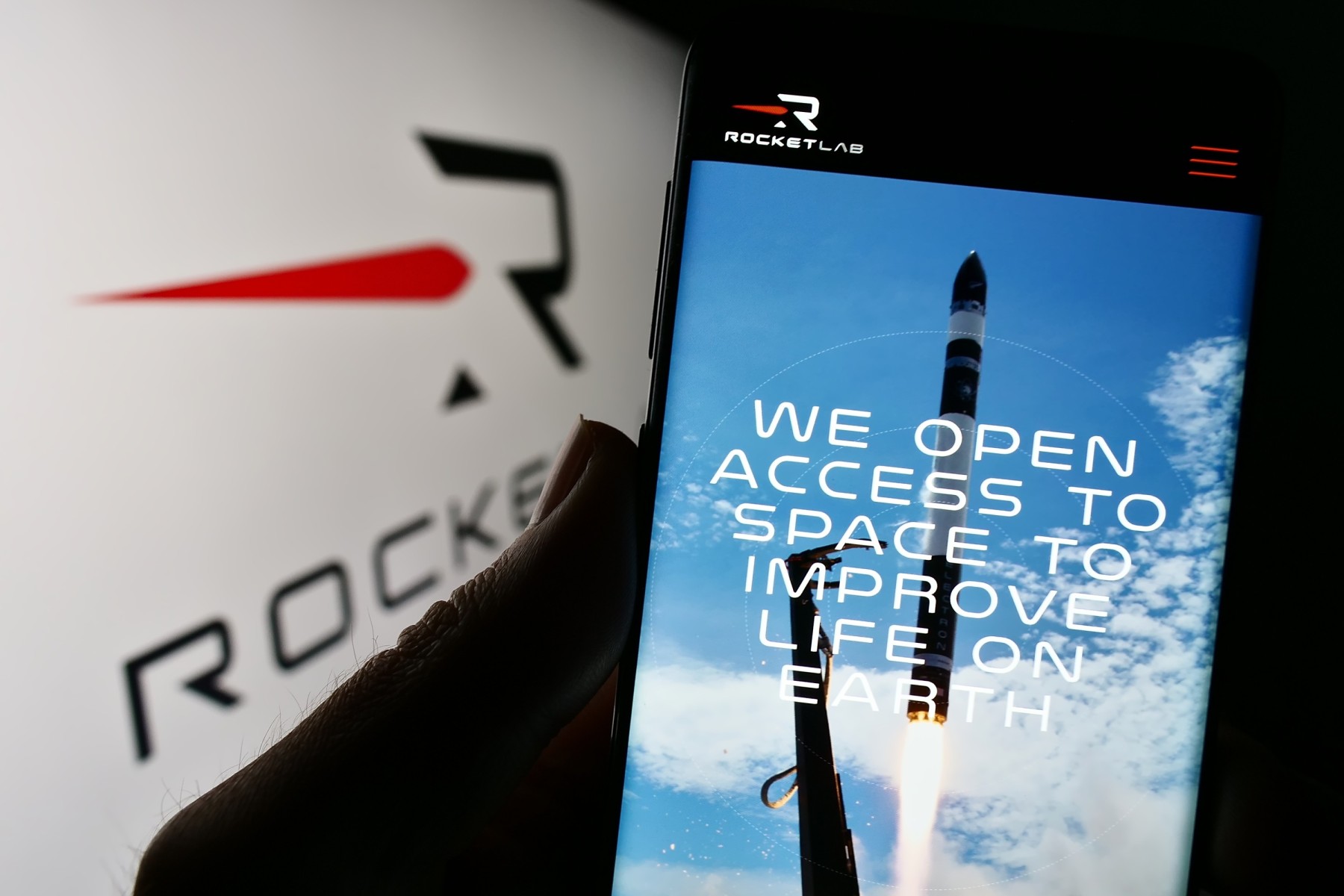
ROCKETLAB
Rocket Lab was founded in 2006 by Peter Beck, an engineer who set out to transform the space industry by providing dedicated launches for small satellites. Rocket Lab provides frequent and reliable access to space for small satellites, enabling businesses, universities, and governments to deploy payloads into orbit quickly and cost-effectively
What they did differently
Unlike most other competitors, Rocket Lab focused on small satellite launches. They developed the Electron rocket, designed to carry small satellites into low Earth orbit. This targeted approach addressed the needs of the burgeoning small satellite market, which was underserved by larger, more expensive launch providers.
How they were funded
Rocket Lab's investors include the original key investors, New Zealand businessman Stephen Tindall, Vinod Khosla, and the New Zealand Government. Rocket Lab has also received funding from Callaghan Innovation.
HNRY
Hnry was founded by James and Claire Fuller, out of the founders' personal experiences as self-employed individuals, grappling with the complexities and time-consuming nature of tax and financial administration.
What they did differently
Their solution was to create an all-in-one digital platform that automates tax calculations, payments, invoicing, and expenses for sole traders, freelancers, and contractors. Designed for the NZ-market, it automatically calculates tax, acc and student loan repayments. This user-centric focus quickly garnered a loyal customer base, leading to significant growth across New Zealand and Australia.
How Hnry was funded
Icehouse Ventures, a key supporter since Hnry's early days, also continued its investment. In 2023 they gained $ 35 million in funding led by AirTree Ventures, one of Australia's largest venture capital firms, with participation from other notable investors like Athletic Ventures, Left Lane Capital, and Notion's co-founder Akshay Kothari.
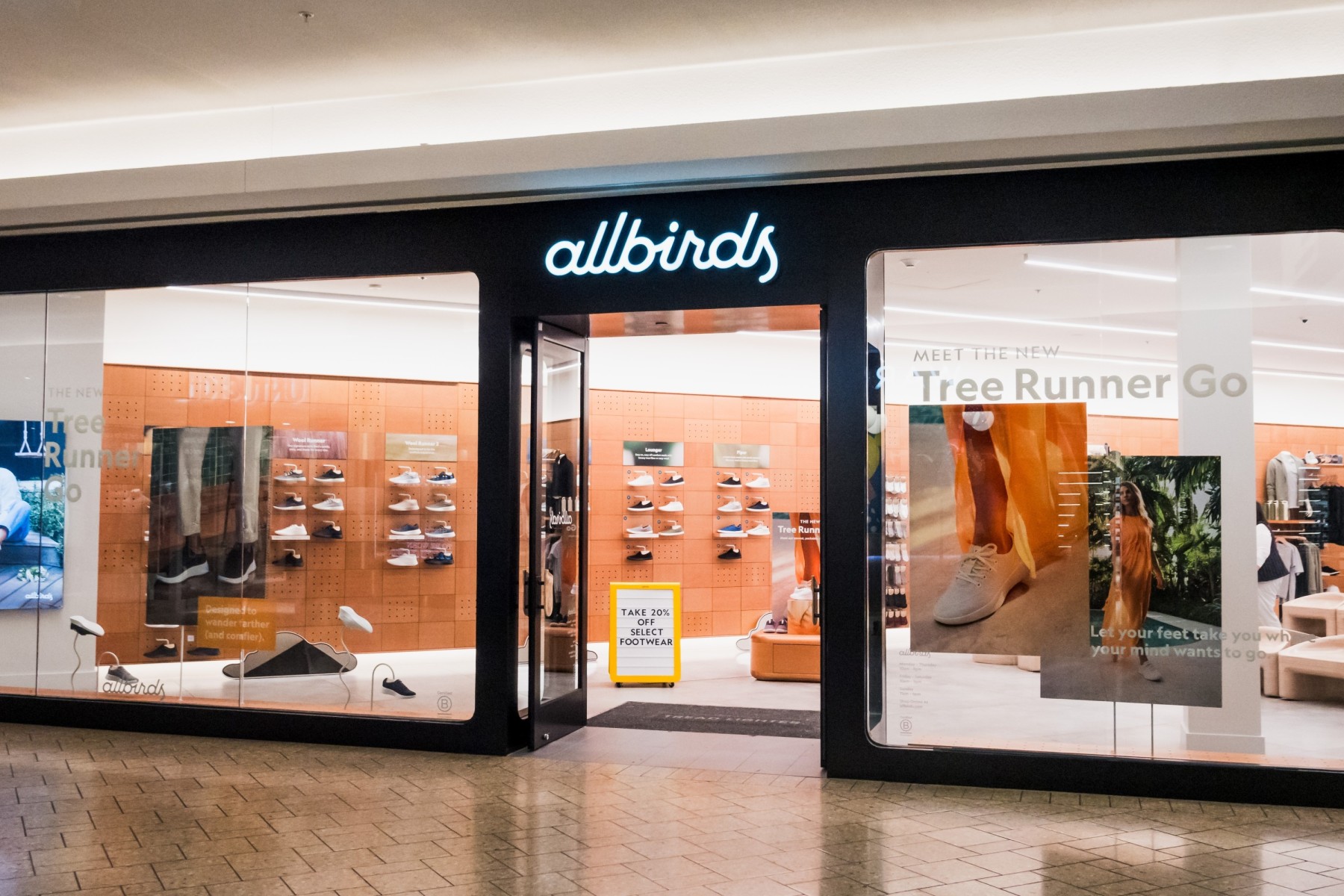
ALLBIRDS
AllBirds was founded in 2014 by Tim Brown and Joey Zwillinger. They set out to create a shoe that combines comfort, sustainability, and innovative design. Their signature material is Merino wool, sourced from New Zealand sheep. This choice provides superior comfort and reduces the environmental impact compared to traditional synthetic materials.
What they did differently
What set AllBirds apart was their commitment to sustainability and minimalist design. Their shoes offered an alternative to fast fashion by embracing simplicity, natural materials, and a reduced carbon footprint. They also focused on direct-to-consumer sales and established a strong online presence. This allowed them to maintain control over their brand, product quality, and customer experience.
How they were funded
In 2014, founder Tim Brown received a research grant from the New Zealand wool industry to create a wool sneaker. Tim then took his idea to Kickstarter and raised $US119,000 in five days. Two years later, AllBirds was launched. During its first year in business, it raised $US7.5 million from investors.
What do our customers say?

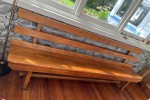

For every (wise)move
